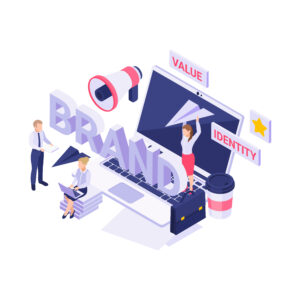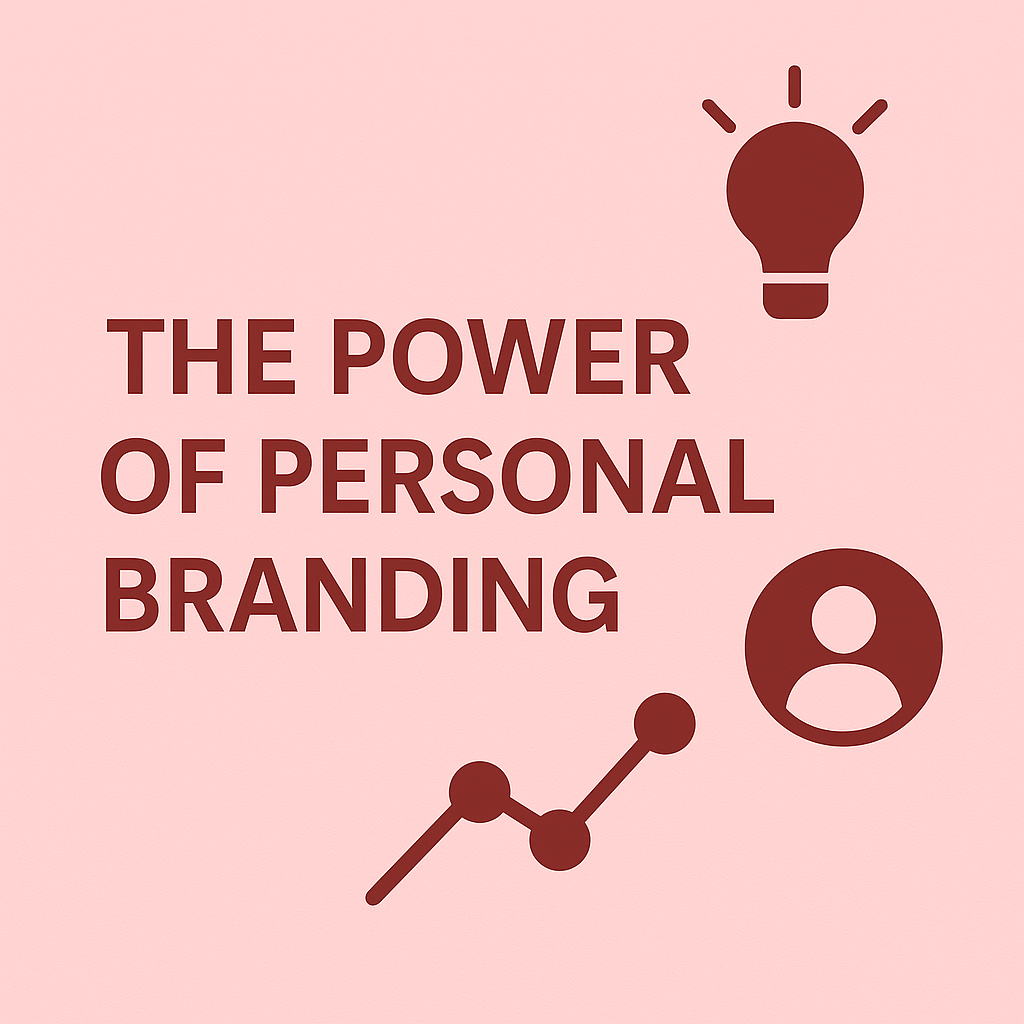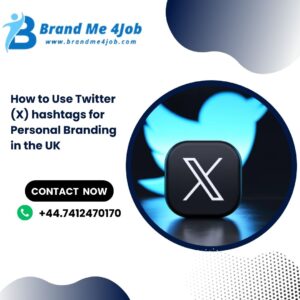In a world where digital presence often precedes real-world interaction, The Power of Personal Branding has become more than a buzzword—it’s a career necessity. Whether you are a job seeker, entrepreneur, freelancer, or corporate executive, how the world perceives you can shape your professional journey. That’s why taking control of your narrative and building a powerful personal brand can make a significant difference.
Let’s explore what The Power of Personal Branding really means, why it matters, and how you can strategically shape your personal brand to align with your goals and values.
You may like: Personal Branding for Freelancers: Standing Out in the UK Market
What Is Personal Branding?
At its core, Personal Branding is the conscious and intentional effort to create and influence public perception of an individual by positioning them as an authority in their industry. It involves highlighting their skills, experience, personality, and values, making them memorable and trustworthy.
Unlike traditional branding that promotes products or companies, Personal Branding focuses on individuals. You are the brand. Your name, face, reputation, and story create a perception that others associate with you.
Why Personal Branding Matters
In today’s saturated digital marketplace, standing out is more challenging than ever. Still, people gravitate toward authenticity and connection. That’s where Personal Branding plays a powerful role.
Here are a few reasons why Personal Branding matters:
-
It sets you apart: Employers, clients, and collaborators are drawn to individuals with a unique voice and presence. A strong personal brand ensures you won’t blend into the background.
-
It builds trust and credibility: When your online persona consistently showcases your expertise, values, and achievements, people are more likely to trust and respect your opinions.
-
It opens doors: From job offers to speaking engagements and business opportunities, a compelling personal brand acts as a magnet for growth.
-
It gives you control: Instead of letting others shape how you’re perceived, Personal Branding puts the power in your hands.
Who Needs Personal Branding?
You may think The Power of Personal Branding is only for influencers or CEOs, but that’s a myth. In reality, everyone can benefit from it.
-
Students and freshers: Build credibility early and show recruiters you’re serious about your career.
-
Job seekers: Differentiate yourself from other applicants and demonstrate why you’re the ideal hire.
-
Entrepreneurs: Highlight your leadership qualities and make your startup more relatable through your story.
-
Professionals and leaders: Cement your reputation as a thought leader in your field.
Elements of a Strong Personal Brand
Building a personal brand doesn’t happen overnight. However, with clarity and consistency, you can craft a powerful and authentic image. Here are some key elements:
1. Authenticity
Start with self-reflection. Understand your strengths, values, and passions. Ask yourself:
-
What do I stand for?
-
What makes me unique?
-
What am I passionate about?
People can sense authenticity. If your Personal Branding feels forced, it won’t resonate.
2. Consistency
From your LinkedIn profile to your portfolio, and even the way you comment on social media—everything should align. Use a consistent tone, style, and message across all platforms. This coherence strengthens recognition and builds familiarity.

3. Visibility
It’s not enough to have a great brand; you need to be visible. That means:
-
Posting valuable content on social platforms
-
Attending industry events and webinars
-
Publishing blogs or podcasts
-
Contributing to discussions in online communities
Being active ensures your brand reaches the right audience.
4. Storytelling
Humans love stories. Tell yours in a compelling way. Share your challenges, successes, and lessons learned. A well-told story builds emotional connection and leaves a lasting impression.
How to Build Your Personal Brand Step-by-Step
Now that you understand the foundation, let’s break down how to actively develop and maintain your Personal Branding strategy:
Step 1: Define Your Purpose and Audience
Begin by asking: Why do I want to build a personal brand? Who do I want to influence or connect with?
Your target audience could be potential employers, clients, collaborators, or followers. Once defined, tailor your messaging to appeal to them.
Step 2: Audit Your Online Presence
Google yourself. What do you find? Evaluate your digital footprint across platforms. Remove outdated content and start aligning your profiles with your current brand.
Step 3: Create a Professional Online Profile
Update your LinkedIn, website, or portfolio. Use a high-quality photo, write a compelling bio, and clearly highlight your achievements and expertise. Don’t forget to add keywords relevant to your niche, includingThe Power of Personal Branding if it fits your narrative.
Step 4: Share Valuable Content
People remember those who educate, entertain, or inspire them. Share your insights through:
-
Blog posts
-
LinkedIn articles
-
Videos or reels
-
Podcasts
Position yourself as a thought leader by offering content that reflects your expertise.
Step 5: Engage and Network
Don’t just post—engage. Comment on others’ content, attend events, and build meaningful relationships. Networking is a crucial part of The Power of Personal Branding.
You may also like: Following Up on Job Applications: Best Practices
Step 6: Keep Evolving
Your brand should grow with you. As you gain experience, update your content, messaging, and goals to reflect your evolution.
Personal Branding and Career Success
Companies no longer just hire based on résumés. They check social media, read blog posts, and look at how candidates present themselves online. Your personal brand speaks before you do.
Here’s how The Power of Personal Branding can directly impact your career:
-
Increases employability: Recruiters are drawn to professionals with clear, confident online personas.
-
Boosts confidence: Knowing how you present yourself builds self-assurance.
-
Attracts new opportunities: People approach you for jobs, collaborations, and partnerships.
Personal Branding Mistakes to Avoid
While building your personal brand, beware of these common pitfalls:
-
Trying to be someone you’re not: Always stay true to who you are.
-
Neglecting your online presence: Outdated or inconsistent profiles can harm your reputation.
-
Focusing only on self-promotion: Balance is key. Provide value to others, not just content about yourself.
-
Ignoring feedback: Listen to your audience and adjust your strategy accordingly.
Real-Life Example of The Power of Personal Branding
Consider someone like Gary Vaynerchuk. Through consistent, authentic, and value-packed content, he built a personal brand as a serial entrepreneur and digital marketing expert. His name is now associated with hustle, innovation, and bold leadership.
You don’t have to be a global figure to build a successful personal brand. Even within your niche, you can create powerful influence.
Final Thoughts
In conclusion, Personal Branding isn’t optional anymore—it’s essential. It empowers you to control your narrative, express your uniqueness, and open doors to countless opportunities. Whether you’re starting your career or pivoting to something new, building a strong personal brand gives you the edge.
Remember, you are your most valuable asset. Invest in yourself, share your story, and let the world see the best version of you.




